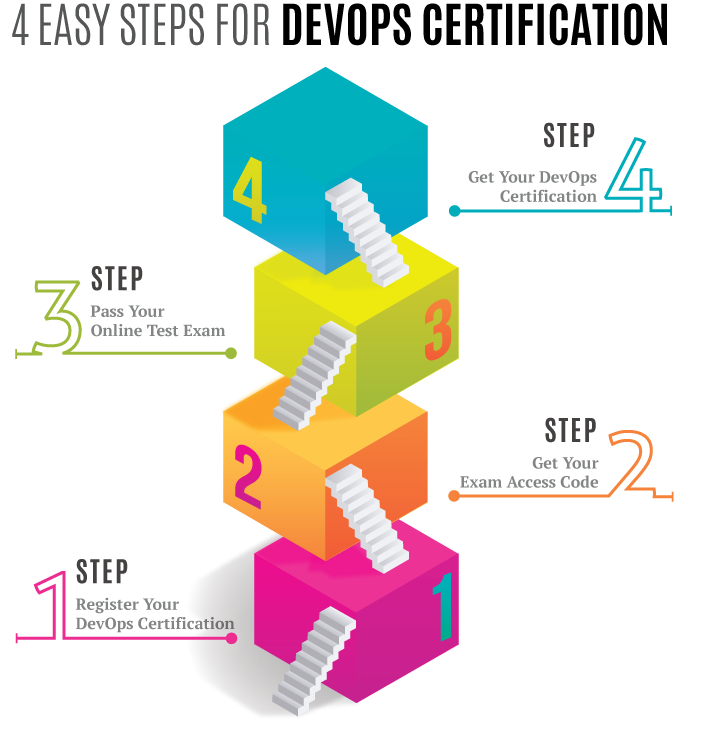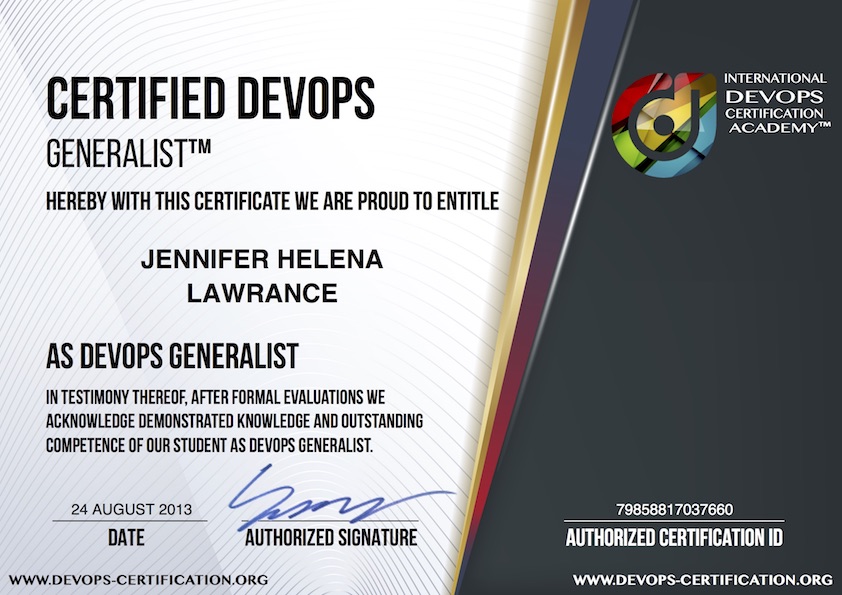International DevOps Certification Academy™
Why Does Your DevOps Team Need To Block Time To Enhance The Work?
It is not a new technique from DevOps to block your time to enhance your work. Lean Manufacturing decades ago embraced the motto: “Improvement of work is more important than the work itself.”
In other words, this implies, without improving the way you work today, you work will be obsolete tomorrow. And ultimately this will in return hinder your competitive strength in your market. This is why DevOps methodology borrowed this technique from Lean Manufacturing to make your teams and your organization continuously learn.
Here are some ideas from DevOps software development and delivery methodology about how you and your DevOps team can use your time to enhance your work and continuously learn:
- Feedback from External People: Concentrated support of people outside your business processes to the individuals inside your own business processes. Feedback from outsiders can be really helpful and eye opening to improve processes and remove inefficiencies.
- Regularly Reduce Technical Debt: You regularly bring your team together to stop working on new features and work towards reducing technical debt. Engineers whose skills spanning in your entire value stream work on (not only discuss) code, environments, tools, components and architectures to reduce technical debt, so your new features will be built on a stabler and stronger foundation.
- Regularly Reserve Time for Innovation: Free a certain percent of work time of your engineers, so they can use this time to innovate your technology and business. Google is one of prominent DevOps organizations which use this practice since years. Google employees have 20% unallocated time which they use to develop prototypes, products, features, test suites and solutions. Gmail, Google Maps and AdSense are a few of major products innovated within this 20%.
- Foster Teaching and Learning: Dedicate time for teaching. Organize internal conferences, workshops, mentoring, coaching, counselling to regularly teach your teams. Developers learn about operational work and their challenges and operations engineers learn about development. This will help create and maintain a stronger mutual understanding about work of each other. In return your developers and operations engineers build an informed and personally connected foundation of cooperation. In addition, encourage your DevOps teams to go and join conferences to better understand how other organizations solve similar engineering and operational challenges like yours.
- Make Teachers out of SMEs: Make sure your subject matter experts have free hours when anyone can go and ask questions to discuss matters which may not be even related to an ongoing project. We are life time learners. Your team does not only respect this, but also they know this because they are life time learners too.
- Organize Hackathons for Innovation: Here is how Facebook’s Marc Zuckerberg explains this idea: “Every few months we have a hackathon, where everyone builds prototypes for new ideas they have. At the end, the whole team gets together and looks at everything that has been built. Many of our most successful products came out of hackathons, including Timeline, chat, video, our mobile development framework and some of our most important infrastructure like the HipHop compiler.”
CONCLUSION
By regularly scheduling buffers for improvement, you enable everyone in your organizational value stream to get ownership of innovation and quality. Therefore, all engineers in your DevOps team continuously integrate safety, quality, learning, reliability and improvement into the daily work which are in the end integrated into software products and services your organizations offer to your clients.
By helping each other in your DevOps teams, your organization will overtake its competitors and your team members develop their utmost potentials as humans and engineers.
 DEVOPS-CERTIFICATION.ORG
DEVOPS-CERTIFICATION.ORG


